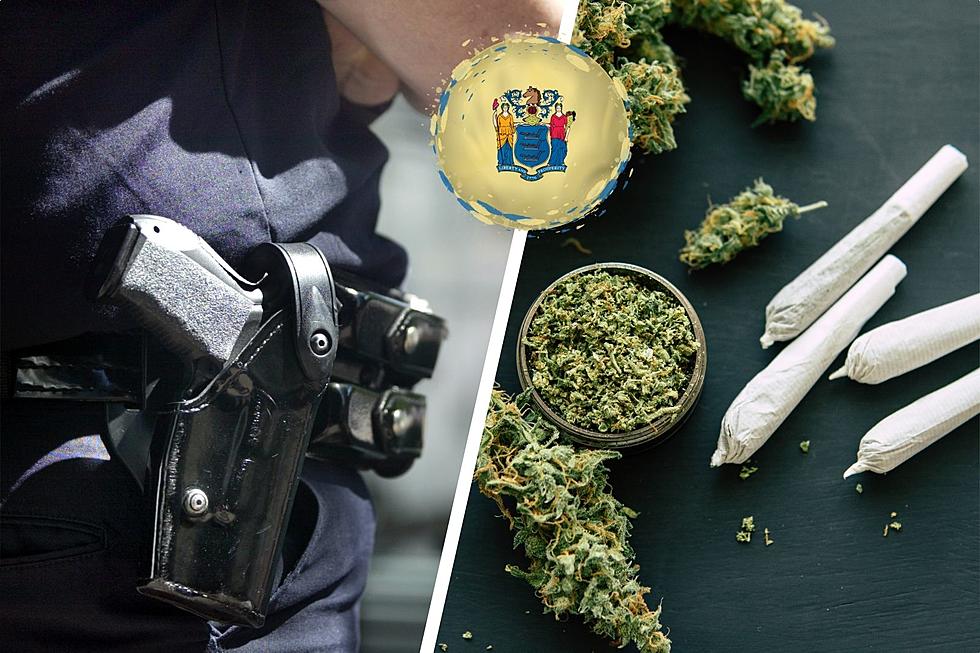
Dude: Legal pot would bring a LOT of taxes to NJ, supporters say
Advocates for legalizing and regulating marijuana in New Jersey say the state would receive hundreds of millions of dollars each year in tax revenues if pot could be bought, sold and smoked for recreational purposes.
And that’s just scraping the surface, they told Assembly Budget Committee members at a Statehouse public hearing. In addition to those direct taxes, the state would also receive income tax payments from any jobs created and the possibility of new industries and businesses from research and development.
For the time being, at least, it’s merely an early marker in a policy debate. Though the testimony was offered at a hearing about Gov. Chris Christie’s proposed $34.8 billion budget, marijuana legalization is not part of Christie’s budget plan – and won’t be, as he has repeatedly and forcefully opposed the idea.
But New Jersey will have a new governor in less than two years, as Christie’s term expires in early 2018, and lawmakers have begun kicking around the idea in case a future governor sees things differently.
New Jersey United for Marijuana Reform says marijuana should be treated like alcohol. Often it focuses on the criminal-justice argument for change, saying black residents are almost three times more likely than white ones to be arrested for marijuana possession, despite similar rates of using the drug.
This being the budget committee, Monday’s focus was on the financial impact.
“We’ve discussed it and said maybe it happens once in a generation where social and civil justice issues can line up as something which can actually bring revenue and enhance the state that way,” said Lynn Nowak, representing both the American Civil Liberties Union and the marijuana-reform partnership.
Bill Caruso, the managing director for Archer Public Affairs and a former executive director for the Assembly Democrats, said an exact projection for the tax revenues that would result if marijuana gets legalized is difficult to say because there’s not a formal bill with a proposed tax rate.
“We will have more data for this in the coming weeks, but we’re thinking several hundred million dollars, as a conservative estimate,” Caruso said.
That doesn’t count any increase in income taxes that would result from any new jobs created or the economic impact of more research and development in the state.
“New Jersey is an agricultural research and ‘meds and eds’ economy, and we have the ability through some robust industry that already exists in our state to tack onto that and develop new economies that we have not even begun to dream of yet,” Caruso said.
None of the lawmakers on the budget committee expressed opposition, and a number of them seemed intrigued.
“It seems that we’re at the beginnings of a real serious conversation about this issue on a going-forward basis,” said Assemblyman John McKeon, D-Essex. “It may be a decade, but it’s something that all of us should have some wisdom in considering.”
“It’s a really interesting topic and I can say there’s keen interest on both sides of the aisle for further discussion,” said Assemblyman Declan O’Scanlon, R-Monmouth.
Assemblyman Gordon Johnson, D-Bergen, a former police officer, said marijuana enforcement consumes a lot of a law enforcement agency’s time and resources – from patrols to arrests to securing evidence.
“It’s a whole system in itself that the public is spending money on that could probably be saved and used in a better way,” Johnson said.
New Jersey United for Marijuana Reform estimates that more than $127 million a year is spent in New Jersey enforcing marijuana laws.
New Jersey allows for marijuana to be used for medical purposes in a strictly regulated program.
It has been legalized for recreational purposes in Alaska, Colorado, Oregon and Washington. None are anywhere near New Jersey – a point alluded to by Assemblywoman Liz Muoio, D-Mercer, in discussing with Caruso the potential taxes from the broader marketplace if marijuana was legalized in New Jersey.
“Looking at New Jersey’s population and its center –” Caruso said.
“And proximity to other large populations,” interjected Assemblywoman Elizabeth Muoio, D-Mercer.
“Without question, assemblywoman,” Caruso said.
More From New Jersey 101.5 FM









